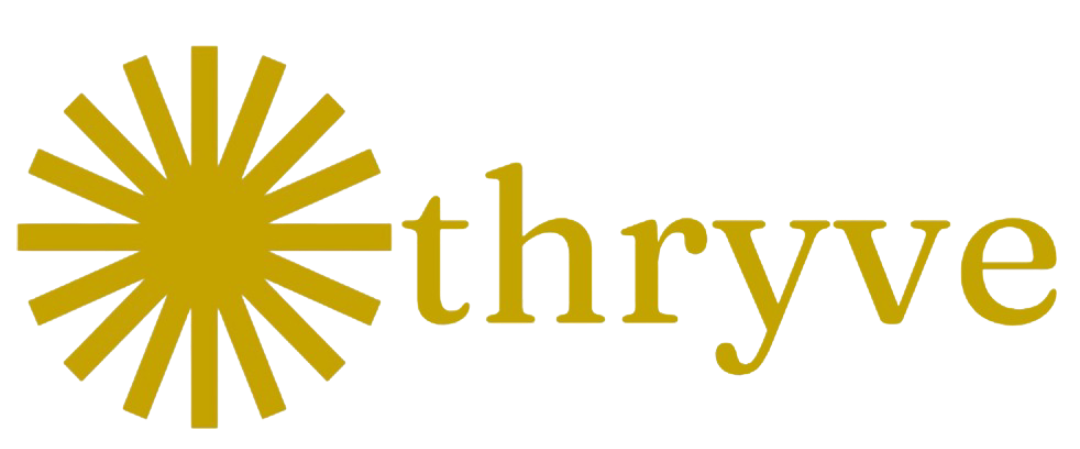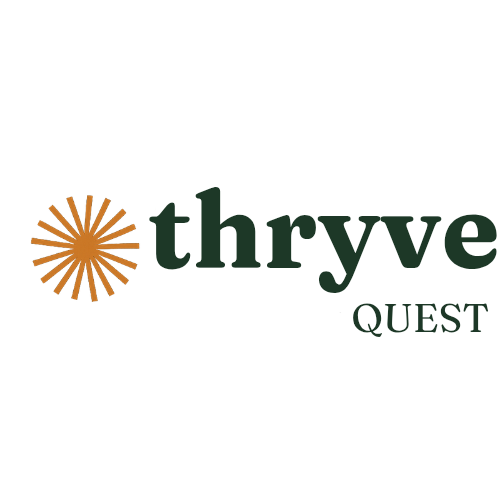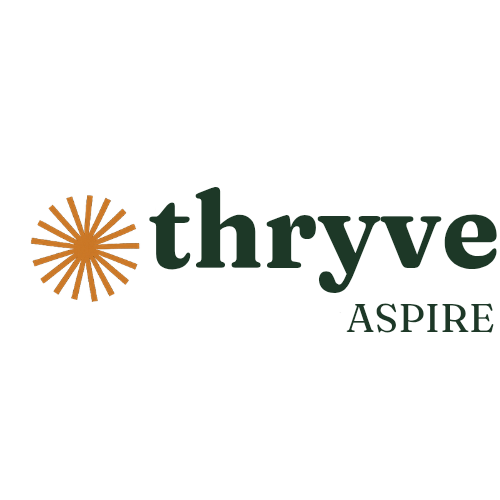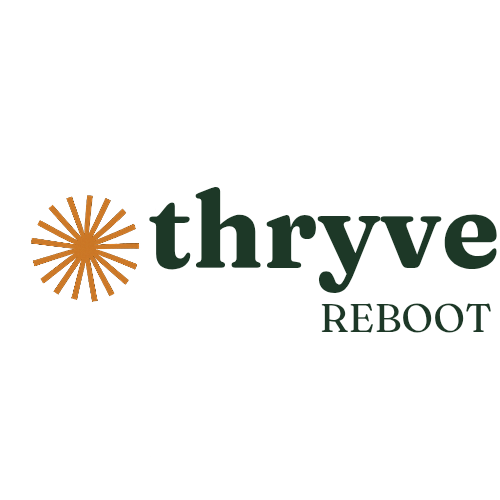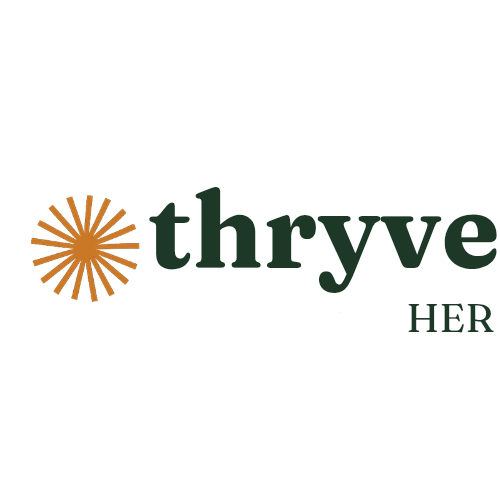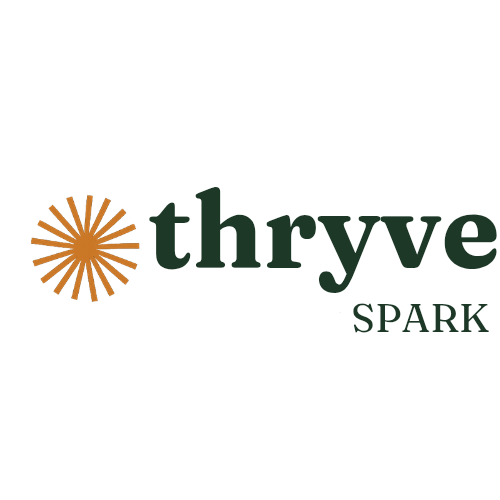The “We” vs “Us” Window — A Sibling Story
The “We” vs “Us” Window — A Sibling Story
The Sharma Siblings’ Journey: From
“We” to “Us”
The Sharma siblings—Aarav, Naina, and Kabir—spent a bright Sunday cleaning.
Books went to the balcony, rugs to the terrace, cupboards into neat rows. Aarav posted in the family group: “We cleaned the house.” Everyone sent hearts. It felt good—true, but distant. A banner with no hands holding it.
Two nights later, Dev (their father) felt light-headed after dinner. The BP monitor blinked 162/98. Suman sat very still, her shawl tucked tight. The WhatsApp group—Home HQ—pinged at 9:42 p.m.
Kabir typed: “It’s on us to handle this.”
The mood changed.
“Blue file with reports is in the study, second shelf,” Naina wrote, already walking.
“I’ll book the cab and call the clinic,” Aarav replied.
“I’m logging symptoms and timing,” Kabir added.
Tasks didn’t bounce; they landed. “I’ll” became “I am.” “Soon” became “by 10:15.”
At the clinic, the corridor smelled of Dettol and strong chai. The receptionist asked for last month’s ECG. Naina fished it out of the blue file without a speech. Aarav stood in the queue for billing—twice—because the printer jammed. Kabir asked calm questions: dosage, side effects, next steps. Suman’s scarf slipped; Naina fixed it without a word. No photos. No speeches. Just care.
By midnight, the doctor had adjusted the medicine and asked for a fasting test at 7:30 a.m. Aarav ordered the lab home visit. Kabir created a simple shared note: readings, meds, appointments. Naina set an alarm to check BP at 6:45. On the ride home, the three of them were quiet in the back seat, and for the first time in a long time, the silence felt like a plan.
The week built small muscles.
- A shared calendar: check-ups, lab slots, refill dates.
- A clean budget sheet: what was bought, who paid, what’s next.
- A 20-minute Sunday call at 7 p.m.—cameras on, agenda short: How are Mom and Dad? What worked? What needs us this week?
Language kept guiding them.
“We should visit” turned into “It’s on us—Naina Tuesday 6–8 p.m., Kabir Friday morning, Aarav Sunday errands.”
“We’ll manage” became “It’s on us—refill meds tomorrow; upload reports tonight; BP logs daily at 8 a.m.”
They also disagreed. Aarav wanted a full test panel. Naina felt it was too much, too soon. The call didn’t split. Kabir said, “It’s on us to hear Dad first.” Dev wanted two tests now, the rest later. They adjusted. Dignity stayed.
One afternoon, Suman laughed at an old sitcom and said softly, “This feels steady.” Dev joked with the nurse about their “project plan.” Behind the jokes was relief: love now had a clock and a checklist.
By the end of the month, the difference was clear:
We had been a headline—true, but broad.
Us had become a habit—true, and accountable.
We organised a home. Us sustained a family.
The lesson (brief)
- Say “It’s on us” and attach who, what, by when.
- Keep a weekly 20-minute check-in; ritual beats reminders.
- Close the loop: “Done. Next: ____.” keeps care moving.
At Thryve, we help families and teams make this shift—Evoke each person’s strengths, Evolve simple systems, Enlighten a shared purpose—so “We” becomes an Us that acts.
